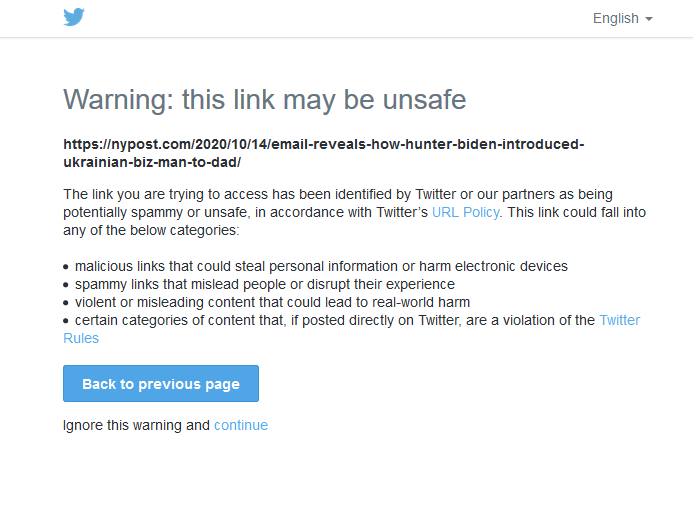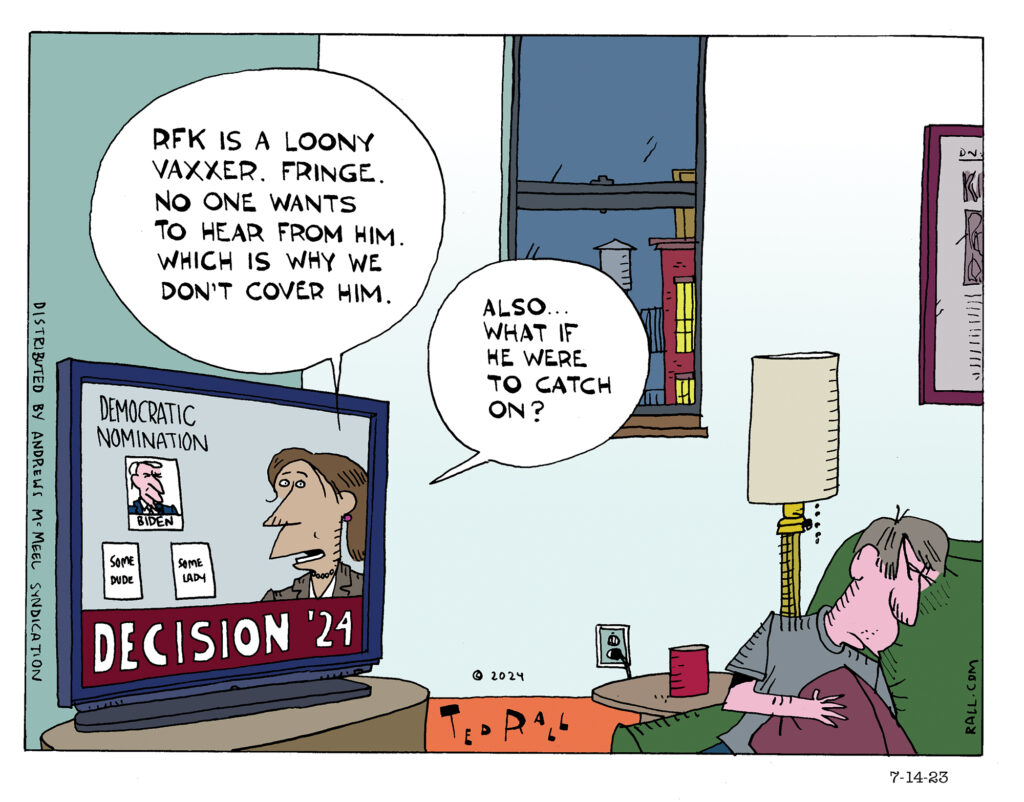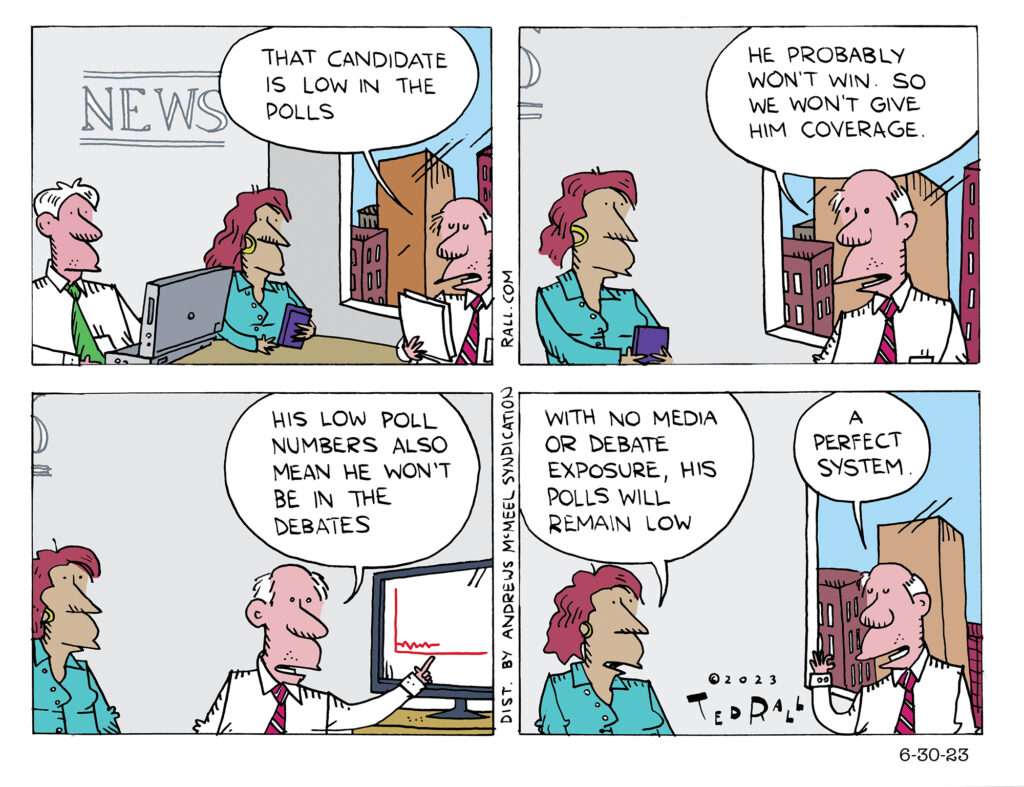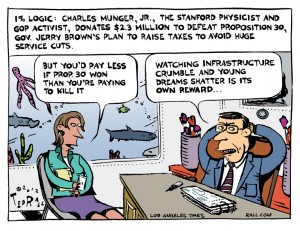
Many medical experts and journalists believe that Robert F. Kennedy, Jr. is wrong about vaccines. They say that Kennedy, a candidate for the 2024 Democratic nomination for president, wrongly says that COVID-19 vaccines are ineffective and incorrectly validates assertions that childhood vaccinations can cause autism.
Many people, all of whom are pro-Biden Democrats, say that RFK Jr.’s opinions are so dangerous as to automatically preempt anything else he has to say about any other issue. They say that society would benefit if he were to shut up. They say that he should not be given a public platform, that he should be silenced, that we should not hear him because we might believe him and that could cause terrible harm.
Even his family is telling him to STFU.
As a long-time non-epidemiologist with no medical education, I don’t know who is right. However, I do know this: anyone who thinks they have the right to decide what information I get to hear or who I get to hear it from can go to hell.
Let us stipulate, for the sake of argument, that these journalists and doctors, none of whom I have met or know anything about, have no bias and no axe to grind, that they care about the well-being of all humans, especially me. Let us further stipulate that they are 100% right and that RFK Jr. is 100% wrong. Let’s even pretend that these folks have never “debunked” “conspiracies” that turned out to be true or promoted conspiracies as though they weren’t lies.
Even so: I demand the right to hear from him if I so choose. RFK Jr. has the right to be terribly, dangerously wrong, l have the right to listen to his stupid incorrect rants in which he gets absolutely nothing right, and I have the right to be deceived into believing things that are stupid, false and even dangerous if I so choose.
My brain, my choice.
Not according to the elites, however. They think they’re smarter than you and me. That we should listen to them. That those who disagree with them should be shut down.
The Biden Administration came under fire in 2022 when its Department of Homeland Security, a government entity with a fascist name, rolled out its Orwellian Disinformation Governance Board whose stated goal was to “coordinate countering misinformation related to homeland security.”
The DGB was killed, but censorship efforts with a Father Knows Best spin have proliferated in recent years, mostly from Democratic-leaning institutions. Newspapers and other media outlets rolled out fact-checking websites and chronicled lists of the president’s purported lies, the latter beginning and ending when the president was named Trump. The FBI and other three-letter agencies told social media companies which posts to throttle or kill and handed them lists of accounts that should be shut down. At least one company, with deep ties to covert intelligence agencies, purports to tell you which news outlets you can trust. The war between Russia and Ukraine prompted the Apple and Google app stores to deplatform Russian state media outlets.
The push to characterize news and opinions that deviate from a “mainstream,” i.e. corporatist, narrative hit full steam during the pandemic. Government and media partnered against what they called misinformation and disinformation (others’, never their own). Their obsessive efforts to marginalize and hobble RFK Jr.’s candidacy and access to the information space is a continuation of the COVID information war.
Mis- and disinformation are real and they have real-world impacts that ought not to be minimized. The bizarre QAnon conspiracy game/cult has contributed to or caused, among other events, the hammer attack against Paul Pelosi, a coup attempt against the German government, death threats and mass shootings, not to mention January 6th. Lies can be dangerous, whether they originate from the podium at the United Nations or an wacky underground cell.
Censorship is an understandable impulse. As a cure, however, it’s worse than the disease. Citizens forced to navigate a world where they know that many things are not as they seem on their face learn to hone the critical thinking skills that tell them not to click on the link in a phishing email and to question whether an especially ridiculous political attack may be a deep fake. No matter how benevolent and adept a government can be—and ours is neither—the collective BS detector of 330 million Americans is likelier to identify and debunk the cleverest act of disinformation than an agency of bureaucrats. If the government and its media allies get their way, we’ll trust them to suss out what’s true and what’s false and, of course, set the stage for them abusing our gullibility. And they’ll do it on a far grander scale than QAnon.
Besides, taboo and forbidden material is inherently more attractive than stuff that’s freely available. From pornography to Cuban cigars to the dark web, nothing is more enticing than something that’s hard to access. If the powers that be don’t want us to hear from RFK Jr., many voters are thinking, then I really want to find out what he’s about. The DNC and the New York Times have no business telling me I’m too dumb to assess his statements about COVID, Israel or anything else.
My brain, right or wrong!
(Ted Rall (Twitter: @tedrall), the political cartoonist, columnist and graphic novelist, co-hosts the left-vs-right DMZ America podcast with fellow cartoonist Scott Stantis. You can support Ted’s hard-hitting political cartoons and columns and see his work first by sponsoring his work on Patreon.)




